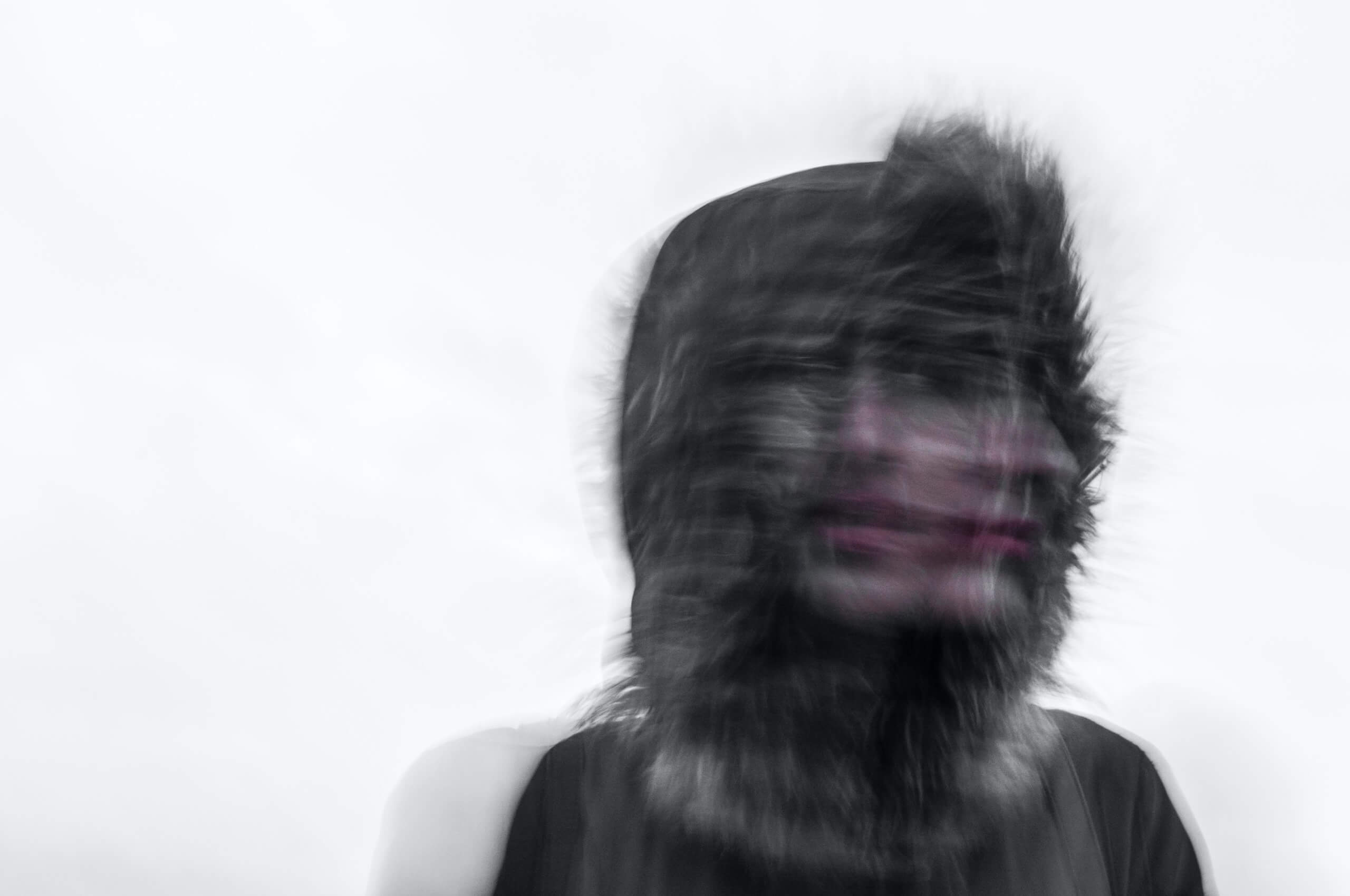Bipolar major depression, also known as bipolar depression, is a type of mood disorder characterized by episodes of both depression and mania or hypomania. This condition affects approximately 2.8% of the adult population in the United States and is typically diagnosed in early adulthood.
The symptoms of bipolar major depression can vary widely between individuals, but they typically include feelings of sadness, hopelessness, worthlessness, and guilt. Patients may also experience changes in appetite, sleep patterns, energy levels, and concentration. In some cases, patients may also experience suicidal thoughts or behaviors.
The diagnosis of bipolar major depression is typically made by a mental health professional, such as a psychiatrist or psychologist. The diagnosis is based on a thorough assessment of the patient’s symptoms, medical history, and family history of mental illness. The clinician may also use screening tools, such as the Mood Disorder Questionnaire or the Bipolar Spectrum Diagnostic Scale, to aid in the diagnosis.
Treatment for bipolar major depression typically involves a combination of medications and psychotherapy. Mood stabilizers, such as lithium or anticonvulsants, are often used to treat the manic or hypomanic episodes associated with bipolar disorder. Antidepressants may also be used to treat depressive episodes, but their use is controversial, as they can trigger manic or hypomanic episodes and increase the risk of cycling between mood states.
Psychotherapy, such as cognitive-behavioral therapy or interpersonal therapy, may also be used to help patients manage their symptoms and improve their quality of life. In some cases, electroconvulsive therapy may be recommended for patients with severe or treatment-resistant bipolar major depression.

Investigational and Nonstandard Approaches
In addition to standard treatments, researchers are also exploring investigational and nonstandard approaches to treating bipolar major depression. One such approach is the use of ketamine therapy, which involves the administration of the dissociative anesthetic ketamine to rapidly reduce depressive symptoms. Additionally, researchers are investigating the use of medications such as armodafinil and modafinil, bright light therapy, chronotherapy, levothyroxine, methylene blue, N-acetyl cysteine, neuromodulation, Omega-3 fatty acids, and pramipexole.
Ketamine is a dissociative anesthetic that has been used for decades in the medical field for pain management and anesthesia. However, more recently, it has gained attention for its potential as a rapid-acting antidepressant.
Ketamine works by blocking N-methyl-D-aspartate (NMDA) receptors in the brain, which can lead to increased levels of glutamate and increased synaptic plasticity. This can result in rapid improvements in mood and reductions in depressive symptoms, even in individuals who have not responded well to other treatments.
While ketamine is not currently FDA-approved for the treatment of bipolar depression, there is growing evidence to suggest that it may be effective for this condition. Several small studies have found that ketamine can help to improve mood and reduce symptoms of depression in individuals with bipolar disorder. However, larger randomized controlled trials are needed to further investigate its efficacy and safety for this population.
In addition, it is important to note that ketamine can have potentially serious side effects, including dissociation, hallucinations, and cognitive impairment. As such, it should only be used under the close supervision of a healthcare provider who is experienced in administering ketamine.
Overall, while ketamine holds promise as a potential treatment for bipolar major depression, further research is needed to fully understand its efficacy and safety, as well as the optimal dosing regimens and potential risks and benefits. It is important for individuals with bipolar depression to work closely with their healthcare providers to identify the most appropriate treatment plan for their individual needs.
Armodafinil and modafinil are wake-promoting agents that have been shown to be effective in treating bipolar depression, particularly in patients who experience excessive sleepiness or fatigue as a symptom of their condition. These medications work by increasing the release of dopamine and norepinephrine in the brain, which can help to improve mood and energy levels. However, there is limited research on their long-term safety and efficacy in treating bipolar depression.
Bright light therapy involves exposure to a bright light source, typically for 30 minutes to 2 hours per day, which can help to regulate the body’s circadian rhythms and improve mood. This therapy has been shown to be effective in treating seasonal affective disorder, and there is some evidence to suggest that it may also be helpful in managing bipolar depression. However, further research is needed to fully understand the potential benefits and risks of this therapy in this population.
Chronotherapy involves the manipulation of the timing of sleep and wake cycles to help regulate the body’s circadian rhythms and improve mood. This therapy typically involves waking up earlier than usual and exposing oneself to bright light in the morning, as well as avoiding exposure to bright light in the evening. While some studies have shown promise for chronotherapy in treating bipolar depression, the therapy is not widely available and requires a high level of patient commitment.
Levothyroxine is a synthetic thyroid hormone that has been shown to be effective in treating bipolar depression, particularly in patients who have low levels of thyroid hormone. The medication works by increasing the production of serotonin in the brain, which can help to improve mood. However, there is limited research on the long-term safety and efficacy of this medication in treating bipolar depression.
Methylene blue is a medication that has been used for a variety of medical purposes, including as a treatment for bipolar depression. The drug works by increasing the production of mitochondrial energy in the brain, which can help to improve mood and cognitive function. While some studies have shown promise for methylene blue in treating bipolar depression, further research is needed to fully understand its potential benefits and risks.
N-acetyl cysteine is an antioxidant supplement that has been shown to be effective in treating bipolar depression, particularly in patients who have high levels of oxidative stress. The supplement works by increasing the production of glutathione, which can help to protect the brain from oxidative damage and improve mood. However, there is limited research on the long-term safety and efficacy of this supplement in treating bipolar depression.
Neuromodulation involves the use of electrical or magnetic stimulation to modulate the activity of the brain, with the goal of improving mood and cognitive function. There are various types of neuromodulation, including transcranial magnetic stimulation (TMS), electroconvulsive therapy (ECT),
and deep brain stimulation (DBS). While these treatments have shown promise in treating bipolar depression, they are typically reserved for patients who have not responded to standard treatments.
Omega-3 fatty acids are essential fatty acids that are important for brain function, and research has suggested that supplementation with these fatty acids may be beneficial for individuals with mood disorders such as bipolar depression. Several studies have found that supplementation with omega-3 fatty acids can help to reduce symptoms of depression and stabilize mood in individuals with bipolar disorder. However, more research is needed to determine the optimal dosages and formulations of omega-3 supplements for bipolar depression, as well as their potential risks and side effects.
Pramipexole is a dopamine agonist that has traditionally been used to treat Parkinson’s disease and restless leg syndrome. However, there is growing evidence to suggest that pramipexole may also be effective in treating bipolar depression. The drug works by increasing dopamine levels in the brain, which can help to improve mood and reduce depressive symptoms. Several small studies have found that pramipexole may be effective in treating bipolar depression, and larger randomized controlled trials are currently underway to further investigate its potential benefits and risks.
Transcranial magnetic stimulation (TMS) is a non-invasive treatment that uses magnetic fields to stimulate nerve cells in the brain. The treatment is typically administered over a period of several weeks, with daily sessions lasting between 20 and 40 minutes. TMS has been found to be effective in treating both depression and bipolar disorder, with some studies suggesting that it may be as effective as medication for managing symptoms. However, the treatment is expensive and may not be covered by insurance.
Psychedelic-assisted therapy involves the use of psychedelic drugs, such as psilocybin or MDMA, in conjunction with psychotherapy to treat bipolar major depression. The drugs are believed to work by altering the patient’s perception and thought processes, allowing them to gain new insights and perspectives on their condition. While psychedelic-assisted therapy is still in the early stages of research, initial studies have shown promising results in treating depression and other mental health conditions. However, the use of these drugs is highly regulated, and further research is needed to fully understand their efficacy and safety for treating bipolar major depression.
In addition to these investigational and nonstandard approaches, there are also complementary and alternative therapies that may be helpful in managing bipolar major depression. These therapies include mindfulness meditation, acupuncture, and yoga, among others. While there is limited scientific evidence to support the effectiveness of these treatments, many patients find them to be helpful in managing their symptoms and improving their quality of life.
Treatments with little to no benefit
While there are a number of investigational and nonstandard approaches that may hold promise for treating bipolar major depression in adults, there are also several treatments that have been found to have little to no benefits for this condition.
One example is St. John’s Wort, an herbal supplement that is commonly used to treat depression. While there is some evidence to suggest that St. John’s Wort may be effective for mild-to-moderate depression, studies have found that it is unlikely to be helpful for bipolar depression, and may even worsen symptoms in some cases.
Similarly, while some studies have suggested that acupuncture may be helpful for depression, there is little evidence to suggest that it is effective specifically for bipolar depression.
Other treatments that have been investigated for bipolar depression but have shown little to no benefits include the antipsychotic quetiapine, the anti-seizure medications gabapentin and lamotrigine, and the antidepressants bupropion and trazodone.

Choosing Treatment and Society Guidelines
It is important for individuals with bipolar depression to work closely with their healthcare providers to find the most effective treatment approaches for their individual needs. This may include a combination of medications, therapy, and lifestyle changes. While investigational and nonstandard approaches may hold promise, it is important to carefully consider the available evidence before trying any new treatments.
When it comes to treating bipolar major depression, there are a variety of approaches that can be effective. Choosing the most appropriate treatment plan will depend on a number of factors, including the severity of symptoms, the presence of other medical or psychiatric conditions, and individual preferences and needs.
It is important to work closely with a healthcare provider to develop a personalized treatment plan that takes all of these factors into account. This may include a combination of medications, therapy, and lifestyle changes, and may involve trying different treatment approaches until the most effective plan is identified.
In addition to individualized treatment plans, there are also a number of societal guidelines that can provide useful information for healthcare providers and individuals with bipolar disorder. For example, the American Psychiatric Association’s Practice Guidelines for the Treatment of Patients with Bipolar Disorder provides evidence-based recommendations for the treatment of bipolar disorder, including recommendations for pharmacotherapy, psychotherapy, and other interventions.
Similarly, the International Society for Bipolar Disorders has developed guidelines for the management of bipolar disorder, including recommendations for the treatment of bipolar depression. These guidelines emphasize the importance of a comprehensive treatment plan that takes into account the unique needs of each individual, and that includes both pharmacological and non-pharmacological approaches.
Conclusion
Ultimately, choosing the most appropriate treatment for bipolar major depression requires a collaborative approach between healthcare providers and individuals with bipolar disorder. By working together to identify the most effective treatment plan, individuals with bipolar disorder can achieve better outcomes and improve their overall quality of life.
In conclusion, bipolar major depression is a complex and challenging condition that requires a comprehensive and individualized approach to treatment. Standard treatments, such as mood stabilizers and psychotherapy, are effective for many patients, but some may require investigational or nonstandard approaches, such as ketamine therapy. Clinicians and researchers continue to explore new treatments and interventions to help patients manage their symptoms and achieve long-term recovery.






